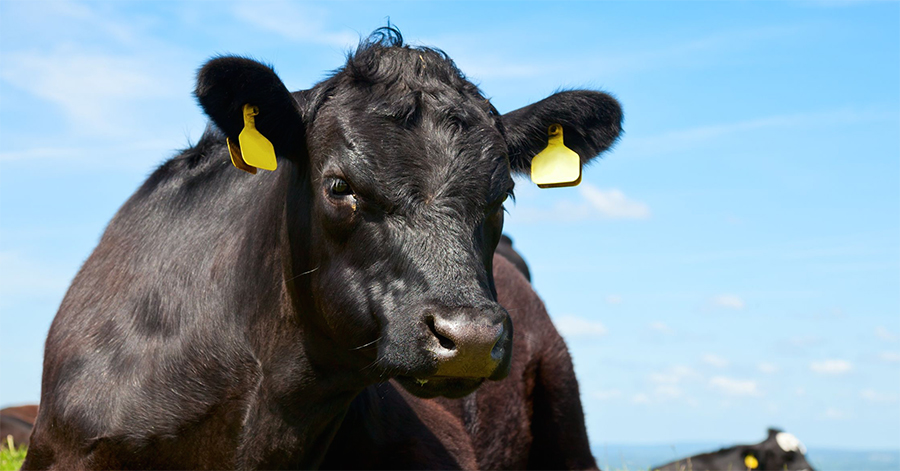
One of the parcel of measures associated with the current reform of the Common Agricultural Policy is that Milk Quota, initially introduced in 1984, has finally been abolished.
As a result farmers will be no longer be restricted in how much milk they can produce – although given the current parlous state of the milk market, this is not likely to be of huge immediate benefit to hard pressed dairy farmers.
However, David Missen, head of the Agriculture Sector at MHA, the UK-wide association of accountancy and business advisory firms, believes that for a small number of producers, the abolition may carry a hidden tax opportunity.
As David explains: “Since the quota no longer exists, any costs incurred in buying quota in the past can now be claimed as a capital gains tax loss, which could potentially reduce or eliminate gains on other capital assets such as sales of land or shares. For struggling dairy farmers who are being forced to sell capital assets to stay afloat, the relief may at least mitigate the financial damage.”
Not everyone will benefit from this relief. Those who acquired the quota on issue in 1984 will not have paid for it, so will have no loss to claim, but those who have bought quota subsequently will be able to establish a loss.
There may also be some who have inherited quota at a time when it did have a value: because it will probably not have been chargeable to inheritance tax, it is quite possible that this value has subsequently been overlooked. There is now an opportunity to rectify this, and to at least establish a capital loss which may one day be of use.
Farmers would be wise to take David’s advice: “Anyone who now holds Milk Quota should give consideration to when and how they acquired it and whether a “constructive loss relief” claim would be appropriate.”
